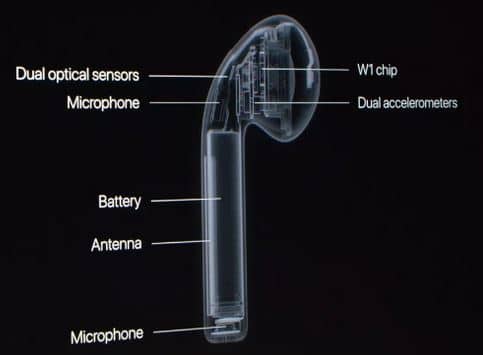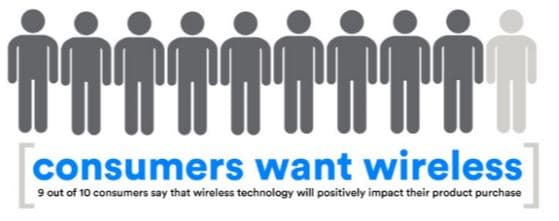PALO ALTO, CALIFORNIA — According to multiple reports this past week, Apple is said to have hired a “top secret” team of biomedical engineers to develop sensor technology that can non-invasively monitor blood sugar levels to manage diabetes. While the company wouldn’t be the first to attempt such a feat, the tech giant certainly has the resources to put towards an effort to help the estimated 29 million people in the United States, and nearly 400 million globally, diagnosed with the condition.
Several companies have failed over the years to develop a system that would accurately measure blood glucose levels without piercing the skin.
Sources report that the development team working on the technology is based out of an office in Palo Alto, with clinical feasibility trials taking place across the Bay Area. Furthermore, Apple is said to have hired consultants to investigate regulations that may impact the technology before it can be made widely available to those that need it.
AirPods as Health Monitors? Steve Jobs Envisioned Future of Sensor Technology

Apple remains interested in the healthcare space
Apple’s potential foray into healthcare is certainly not new and goes back several years. In fact, prior to his death in 2011, Steve Jobs had imagined a future of wearable devices that could be used to measure important vitals, including oxygen levels, heart rate, etc.
The team of experts working on the glucose-sensing technology were acquired from other well-known companies, such as Medtronic, Masimo and others, and are said to report directly to Apple’s senior VP of hardware technologies.
“It (Apple) has scooped up many of the most talented people with glucose-sensing expertise” —George Palikaras, CEO of Mediwise
One method Apple is reportedly exploring is using optical sensors, which would involve shining light through the skin to measure glucose levels.

AirPod Schematic: The devices house dual optical sensors, but rumors and patents have suggested that upcoming versions of AirPods will contain more biometric sensor technology.
AirPods: Ear May be Ideal for Measuring Vitals
According to Doug Clinton, at Loup Ventures, the most obvious device to leverage biological monitoring is the Apple Watch, as many articles have mentioned; however, the AirPods may actually hold more promise.
“A recent study on wrist-worn heart rate monitors, including the Apple Watch, suggests that they offer spotty accuracy at best. The study showed that the Polar M7 chest-worn monitor has a 99% correlation coefficient to an electrocardiogram when measuring heart rate, the industry standard. The Apple Watch had the next highest coefficient at 91%, with the study noting that the accuracy decreased as exercise levels increased. While 91% accuracy may be acceptable for recreational heart rate monitoring, it’s not acceptable for blood glucose monitoring.
In a separate study, scientists tested the use of an ear-based sensor to calculate VO2 max during exercise. The study showed that the ear-based sensor had a 98% correlation coefficient to an electrocardiogram when measuring heart rate, nearly the same as the Polar M7 monitor. We believe that movement of the wrist during activity is a key factor in reducing accurate biological readings, a problem that impacts ear-based wearables significantly less. We also believe that the ear offers the possibility to collect better data, which the aforementioned study seems to confirm, and richer data, because of the semi-internal nature of the ear canal, proximity to the brain, and greater blood flow in the area.” —Doug Clinton






